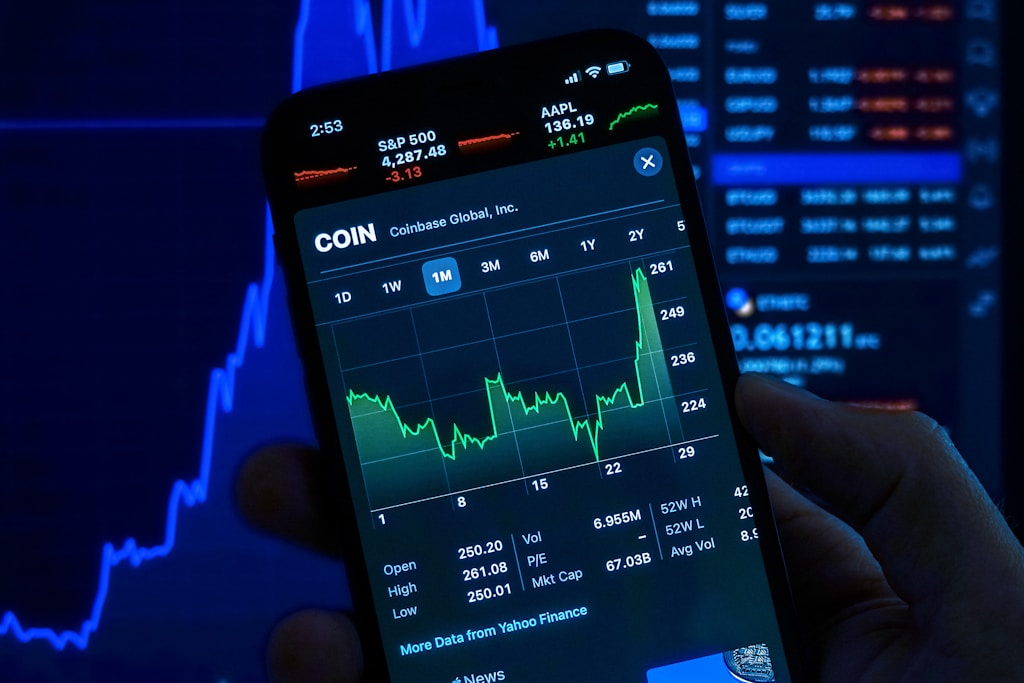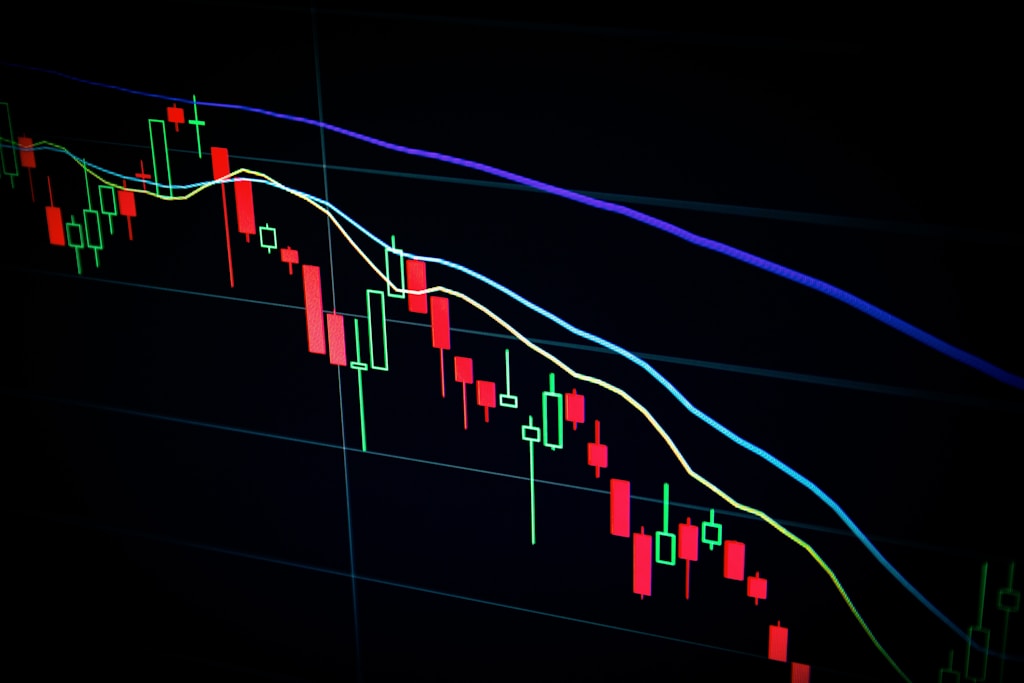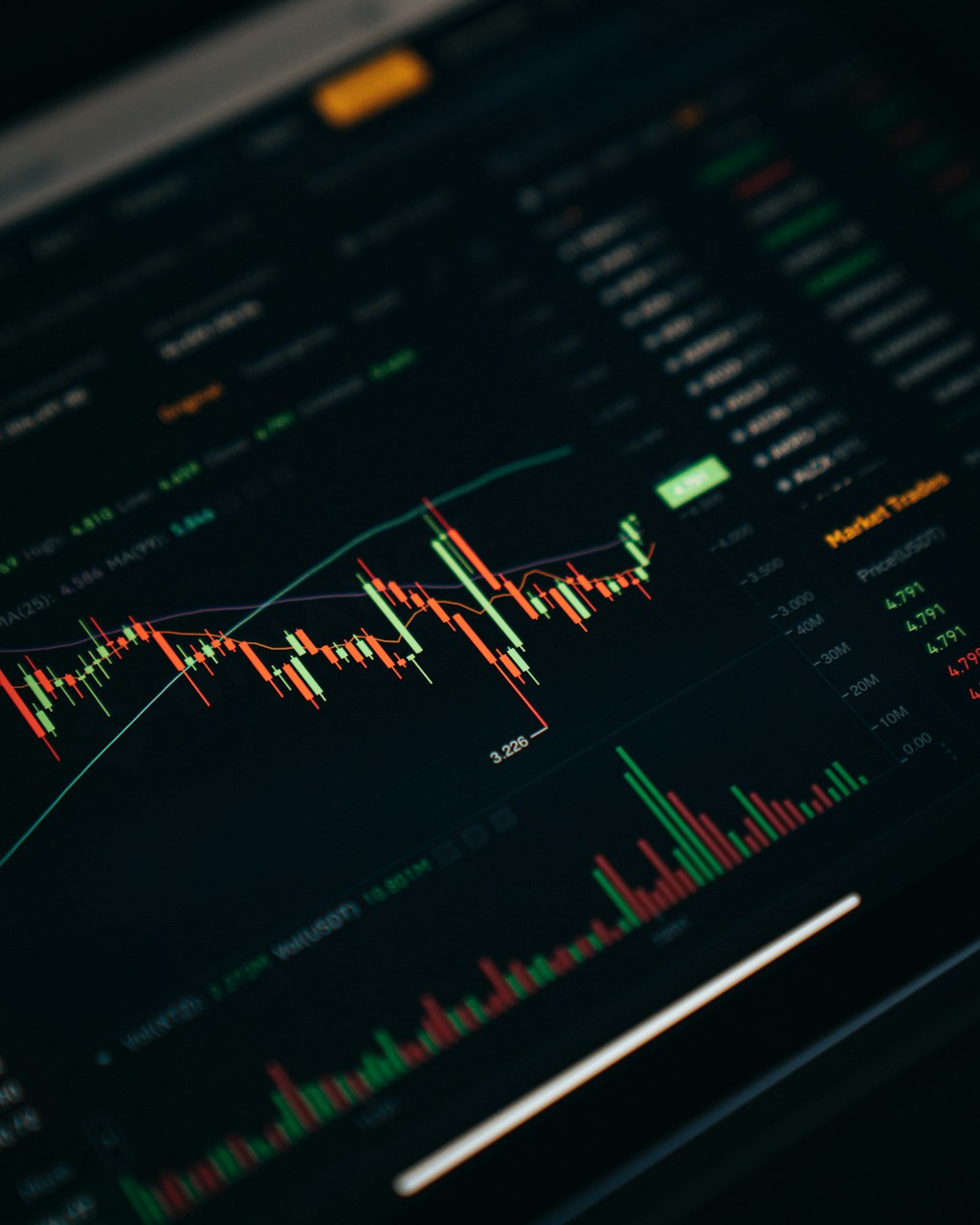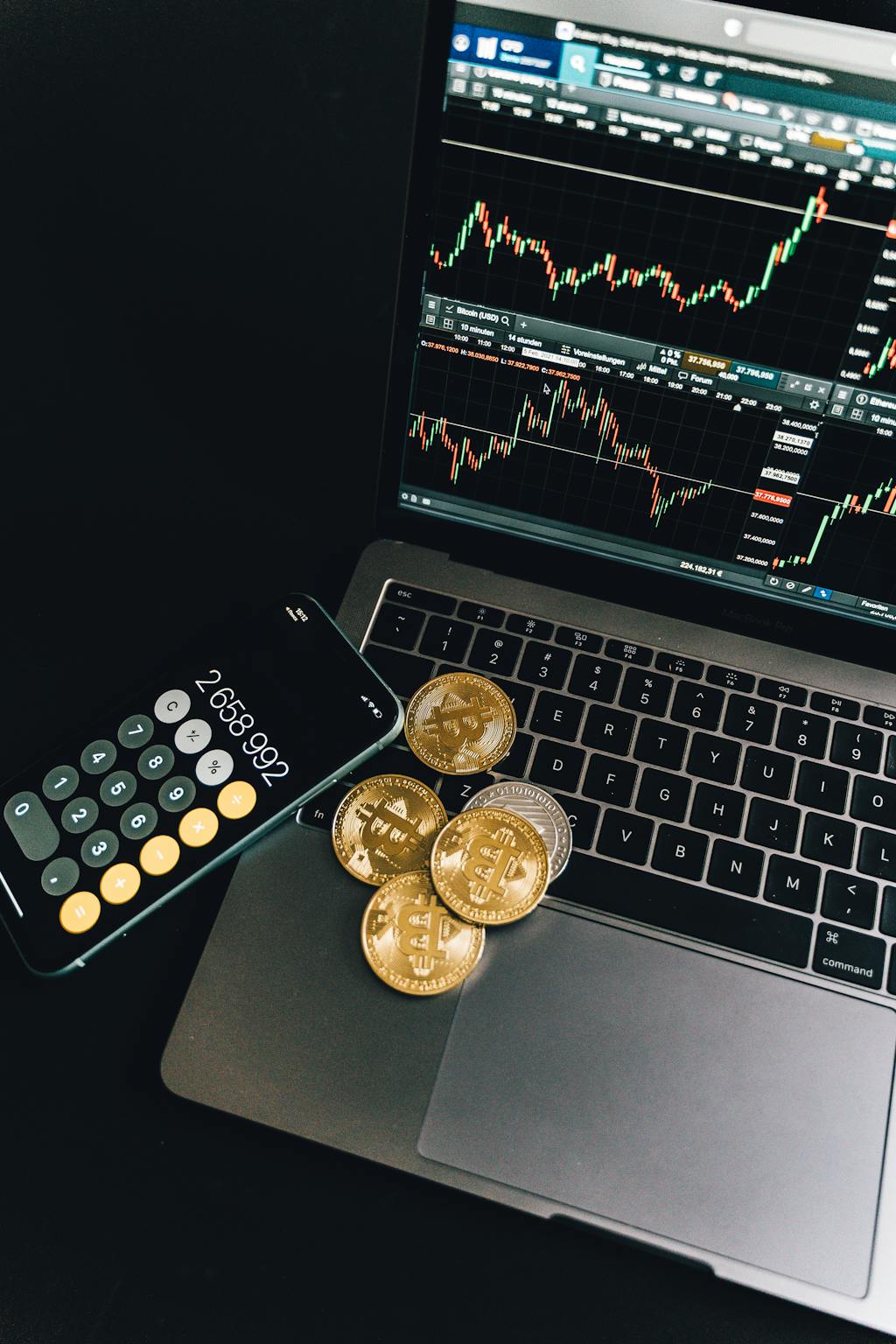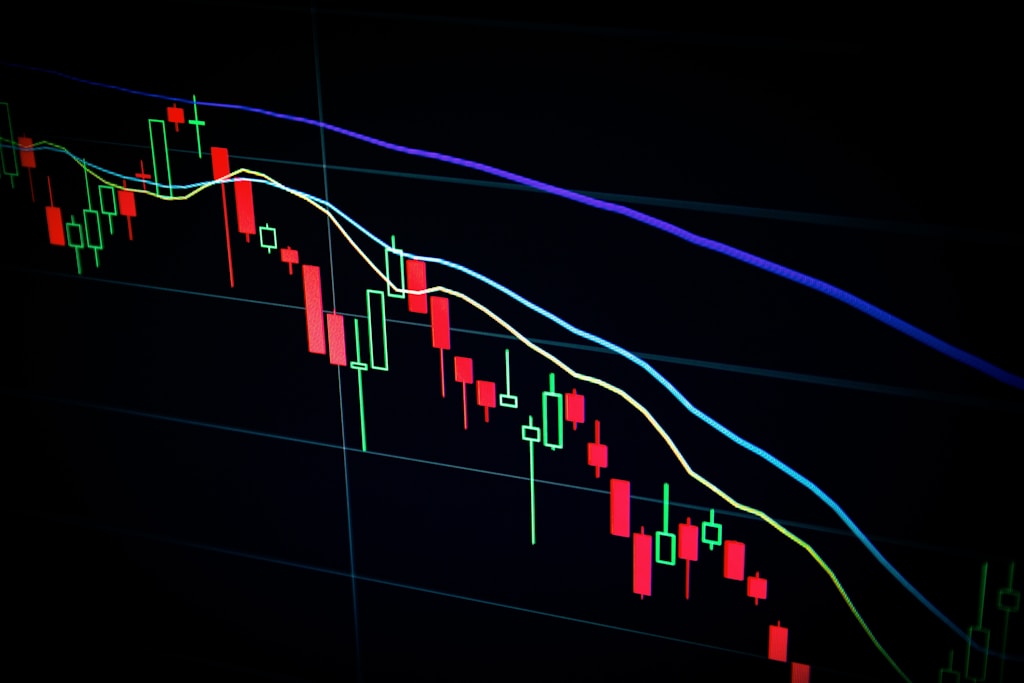Solana’s ecosystem demonstrated mixed performance in Q1 2025, with significant growth in key DeFi metrics despite some market headwinds. This comprehensive analysis examines the network’s major developments and metrics that shaped the quarter.
Key Highlights
- Average daily DEX volume grew 40.8% QoQ to $4.6 billion
- Stablecoin market cap expanded 145.2% to $12.5 billion
- Chain GDP increased 20% QoQ to $1.2 billion
- DeFi TVL decreased 64% to $6.6 billion in USD terms but grew 18% in SOL terms
SPONSORED
Trade meme coins with up to 100x leverage on Solana’s fastest DEX
Trade Now on Defx
DeFi Ecosystem Growth
The Solana DeFi ecosystem showed remarkable resilience in Q1, with significant growth in token launches and trading activity. Average daily DEX volume reached $4.6 billion, representing a 40.8% increase from the previous quarter. This surge was largely driven by renewed memecoin speculation, particularly following the TRUMP token launch in January.
Stablecoin Expansion
Stablecoin market cap on Solana grew impressively, increasing 145.2% QoQ to $12.5 billion. USDC remained dominant with $9.7 billion (77% market share), while USDT grew 154.2% to $2.3 billion. This expansion signals growing confidence in Solana’s infrastructure for stablecoin transactions.
Network Performance
Network activity showed mixed results:
- Average daily non-vote transactions increased 17% to 95.3 million
- Average daily fee payers decreased 22% to 4.0 million
- Transaction fees remained low at $0.04 average, $0.0015 median
Infrastructure Developments
Key technical improvements included:
- Widespread adoption of Agave V2.0 client
- Early mainnet deployment of Firedancer components
- Implementation of new governance proposals for reward distribution
Market Performance
SOL’s circulating market cap experienced volatility, falling 30% QoQ to $64 billion. However, the token reached an all-time high of $295 on January 19, briefly making it the fifth-largest cryptocurrency by market cap.
Looking Ahead
With technical indicators suggesting potential upside, Solana’s ecosystem continues to expand through institutional adoption and technical improvements. The network’s focus on scalability and low transaction costs positions it well for continued growth in DeFi and consumer applications.
FAQ
What drove Solana’s DeFi volume growth in Q1 2025?
The surge in DeFi volume was primarily driven by increased memecoin trading activity, particularly around the TRUMP token launch, which generated significant market interest and trading volume.
How has Solana’s infrastructure improved?
Major improvements include the widespread adoption of the Agave V2.0 client, early deployment of Firedancer components, and implementation of new governance proposals for improved reward distribution.
What is the outlook for Solana’s stablecoin ecosystem?
With 145.2% QoQ growth in stablecoin market cap and continued integration of new stablecoin options, Solana’s stablecoin ecosystem shows strong potential for continued expansion.
